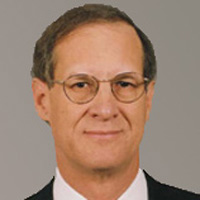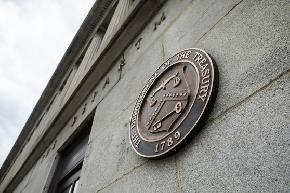Recommended Stories
Canada Gains Prominent Spot in List of Top Tech-Worker Markets
St. Louis and Madison also move up, according to CBRE, as top five markets the same as a year ago.
The “Gig” Economy
The Gig Economy is among the many megatrends that will continue to unfold and impact business, along with our society.
Treasurys Get Harder to Sell and That's Not Good for CRE
Finance can be as psychological as mathematical, and that could have a negative impact on the cost of capital.
Resource Center

eBook
Sponsored by Assurant
The Maintenance Fix You Need to Win Over Renters
With both personal and property-provided smart devices becoming the norm in renters’ lives, integrating tech support can provide a surprising boost to your property management strategy. Discover how it can help attract renters in the digital age.

White Paper
Sponsored by TheGuarantors
Beyond Free Rent: Innovative Ways to Cure Occupancy Woes, Responsibly
Discover sustainable solutions to boost occupancy without relying on rent concessions. Learn how to create diverse communities while maintaining financial stability.

Report
Sponsored by Building Engines
The State of Commercial Real Estate Property Management for 2024
This report shines light on what CRE property teams are focusing on in 2024, including sustainability trends, tech investments, and future outlooks.
GlobeSt

Don't miss crucial news and insights you need to make informed commercial real estate decisions. Join GlobeSt.com now!
- Free unlimited access to GlobeSt.com's trusted and independent team of experts who provide commercial real estate owners, investors, developers, brokers and finance professionals with comprehensive coverage, analysis and best practices necessary to innovate and build business.
- Exclusive discounts on ALM and GlobeSt events.
- Access to other award-winning ALM websites including ThinkAdvisor.com and Law.com.

 Copyright © 2024 ALM Global, LLC. All Rights Reserved.
Copyright © 2024 ALM Global, LLC. All Rights Reserved.













